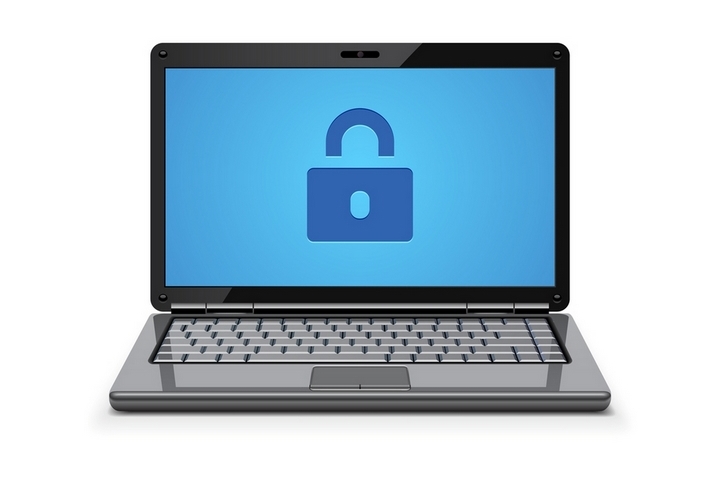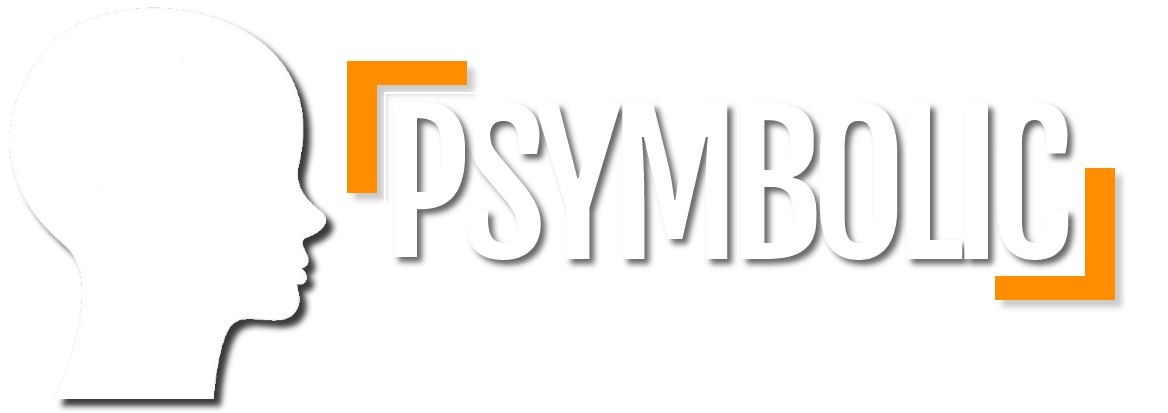
The average computer holds many precious files such as pictures, important text documents, bank information, passwords and more. Losing these files could severely impact our lives, so it’s important that every computer user practices good computer security. To help protect your computer and every file that it holds, it’s a good idea to follow these key computer security tips.
Use Proper Security Software
Every computer is vulnerable to some form of virus. In order to protect your computer from malicious programs, you should install a reliable anti-virus and anti-malware program.
In order to protect your passwords and confidential documents, you should install an anti-spyware program.
Finally, you should have a good firewall protecting your computer from unwanted connections.
Run Regular Scans
Having these programs only helps so much. Malicious programs can still sneak onto your computer even if you have reliable security software. In order to keep your computer as secure as possible, run regular scans with all of your security software.
Password Safety
Passwords are the locks on the doors to our personal information. It’s important to ensure that these passwords are difficult to guess and easy to remember.
Add numbers and special characters to the password to add an extra layer of security.
Do not use the same password over and over. If someone does figure out your password, this means that they can also gain access to any other place that you use that password.
Throwing Out Your Computer? Destroy the Hard Drive
Hard drive destruction is the only way to ensure that people can’t grab your hard drive from the garbage and get your personal documents from it. Even if you believe that you’ve deleted all of the information, there are still various ways to recover the information. Hard drive destruction can be achieved by smashing the drive, subjecting the drive to a strong magnetic field, dismantling the drive and scattering the pieces or by purposely destroying the drive with viruses.
Don’t Open Strange Emails
Emails can contain malicious programs that latch onto your computer when opened. If you don’t recognize an email address or the subject seems strange, delete it.
Don’t Click on Strange Links
The Internet is full of links to fun, interesting and useful websites. However, many of these links go to sites that may download malicious programs onto your computer. Avoid clicking any link that looks suspicious or seems to redirect to another site. If you really want to see the website, copy and paste the link into a search engine to see if it has been reported as being unsafe.
Backup Your Files
Backup the files on your computer to a CD, external hard drive or other backup device to ensure that your files will still be safe in the event of accidental deletion or viruses. Regularly update your backup if you regularly change or update files.
Disconnect from the Internet
If you don’t currently need to use the Internet, disconnect from it. This will help prevent unwanted connections and virus downloads.
Beware of Wireless Connections
An insecure wireless Internet connection can be hijacked by people also using wireless devices nearby. If they’re on your Internet connection, it’s possible that they could access private material. Secure your wireless Internet with a password, and regularly check your wireless connection log to see if other IP addresses have been using your Internet connection.
Public Computers and Internet
Public computers and Internet connections allow you to catch up on work and entertain yourself when you’re out in public. However, you should remember that you’re not the only person who uses the public computers and Internet. Hundreds of other people use the same computers and Internet on a daily basis. To ensure that any sensitive information is safe, avoid using public computers for banking, credit cards or other financial purposes. Avoid going on personal profiles or social media websites.
If you need to use these, ensure that you cover your tracks. Delete the Internet history and cookies when you are finished. For added security, you can also change the passwords on those accounts when you get to a private computer.
